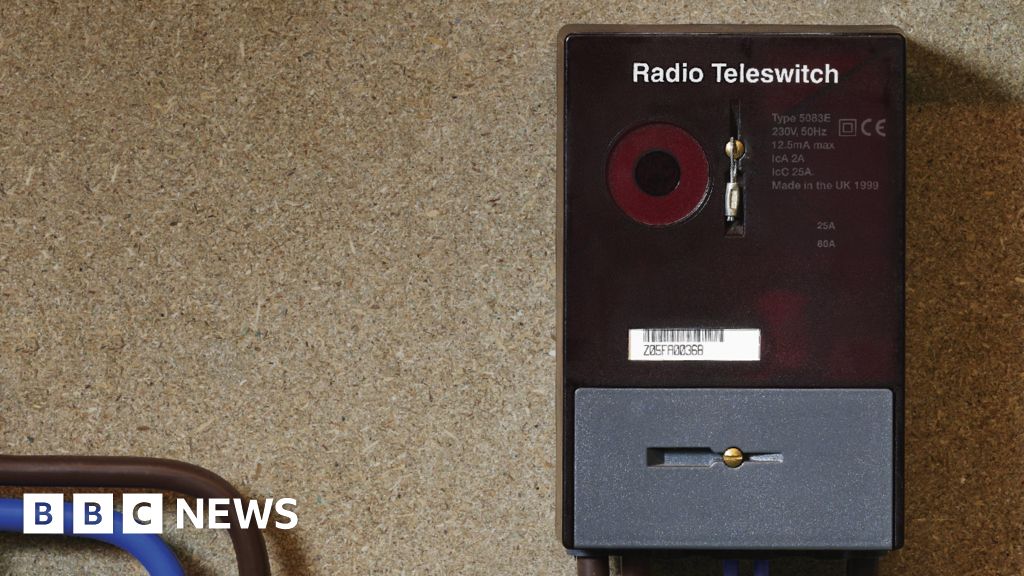As the Lone Star State’s largest children’s healthcare organization, Texas Children’s Hospital has a big mission—and it also has a big workforce: With its newly opened campus in North Austin, its 20th location, the organization now employs about 20,000 individuals.
About 1,200 of those are people leaders—whom Linda Aldred, executive vice president and CHRO—says are the “amplifiers” of the organization’s culture and the key link to telling the C-suite what is on the minds of its workforce. That was particularly evident throughout the height of COVID, Aldred says.
In the wake of the pandemic, Texas Children’s doubled down on its longstanding commitment to leadership development, deploying a range of employee-listening strategies to gauge how the reimagined world of work was affecting leaders and their employees. As a result, in October, Texas Children’s rolled out BetterUp coaching for all of its leaders—connecting them to around-the-clock support for personal and professional growth.
“Leaders can have a coach at 6 in the morning, 2 in the afternoon, 7 in the evening,” Aldred says. “It spoke to that need we have for coaching to be personalized and accessible.”
Leaders also will soon have access to group coaching sessions, and Texas Children’s is also eyeing BetterUp coaching for big-impact teams.
“We’re an organization with a growth mindset and are always pushing for the difference we can make,” she says. “That’s one of the reasons I’ve stayed here so long.”
Aldred joined Texas Children’s as a benefits clerk in 1998 and rose through the HR ranks to the CHRO role in 2007. She recently shared with HRE how the hospital system’s approach to HR has evolved during that time and where it is headed next.
Aldred: It’s changed pretty significantly from the time I started, where HR was transactional, certainly since I started as a benefits clerk. I’ve been in the executive role for a number of years, and now the organization relies on us to be a few steps ahead. What are employees thinking about? How is the workplace shifting? What are the bold moves we need to make? We’ve had to keep enhancing what HR looks like. We have to have the basics: The trains have to run on time every single day; if you don’t have the basics, you don’t get the beauty of the other levels. But HR departments have to be focused on business outcomes and the strategies that create them and understanding how the workforce keeps shifting and changing.
HRE: Given the space in which you work, what were some of the greatest HR challenges driven by the pandemic?
Aldred: I think the pandemic accelerated a lot of things. We had to be very focused on what people needed in the moment as we maneuvered through. Think about healthcare. People were working 16 hours a day, people were in labor pools because certain functions shut down or didn’t do surgery for months. We had to have a fanatical focus on what people needed at that particular time—everything from their work life to their personal life. Where are their kids going to school? What happened to their spouse’s employment? And then constantly, up above that, we had to be thinking strategically about where we were headed as an organization, what we were going to need. I think that’s one of the most critical things HR leaders have had to figure out. What is the biggest impact the pandemic had on their teams? We have to understand what things look like now that the workplace has shifted and then think about how we as an organization need to change with that.
See also: Need to improve your training? 5 ways AI can help
HRE: What was the impetus for the BetterUp partnership?
Aldred: As we came out of the pandemic, we knew that leaders had done a lot. They were the people on the front line, trying to get it right for employees. And at Texas Children’s, everything starts with leadership. We have a long history of leadership development, and when we talk about leadership, we talk about how much it determines our outcomes.
So, we went to our leaders and said, “What do you need? What are the new skills, mindsets, knowledge you need now as a leader?” And we heard many different things, but essentially that people needed more than the usual offerings you get with leadership development programs. They needed it to be personalized, and they needed access at any time. That’s very important to any organization but especially in healthcare. You don’t run a lot of training programs at 2 in the morning and that might be the shift someone is on. The other thing we heard is that it needed to be integrated with their entire life. That is why we decided to collaborate with BetterUp.
HRE: How are you leveraging this coaching to rethink leadership development?
Aldred: We wanted to help employees unlock what they thought their potential was, to feel more energized and confident—and to also get that right in all aspects of their lives. We looked at BetterUp as an organization with a great model that’s innovative, scalable and can provide both professional and personal coaching to our leaders. They also offer specialist coaches who can help with sleep, nutrition, communication. Someone on our team was speaking at their first conference—it was Oracle—and was petrified and used BetterUp coaching to help build presentation skills. And there’s also a wellbeing component to it; they call it mental fitness, with a lot of resources around that.
HRE: Was it a hard sell for the rest of the C-suite?
Aldred: No, it wasn’t. Sometimes, I look back and think, “Wow, that happened fast!” We’ve focused on leadership development in a big way in the last 20 years; we just had a 20-year celebration of our leadership work. So, we did the work up front, and then we looked at what people really wanted, with focus groups and surveys, and understood where we were and where people were struggling. We did all that work to prepare for it, so it wasn’t hard to convince [the C-suite of the need for leadership coaching]. Also, it’s something they felt themselves. They said, “I can have a coach any time I want?”
It was our next bold move in investing in leaders and doing it differently.
HRE: How does this fit into the larger, long-term HR goals for the organization?
Aldred: It fits into our strategy of using the employee voice to meet our employees where they are. We want to know how they feel, how they show up, what resources they need. We’re so proud of the fact that we’ve had 92% of our leaders actively engaged [with BetterUp coaching] with more than one coaching session. We had 3,000 hours of coaching just in the first quarter, and it’s because we listened to what people wanted.
It also connects to how we’re investing in leaders. They are the amplifiers of culture. They are our culture carriers. They’re the people who get it right or wrong at the front line, and we need them desperately, so we need to make a big investment—not just in the C-suite, but for our front-line leaders. And not necessarily in the way that HR has built over the last 20 years.
This fits beautifully into our employee voice strategy, our leadership development strategy and how we’re looking at the future of work. How are our leaders going to get the mindsets and skills and the mental fitness they need to be a leader in the future of work?
HRE: Beyond leadership development, what are some of your other 2024 HR priorities?
Aldred: Employee voice is going to remain really critical. We tell people that we want them to bring their whole selves to work, and that’s going to look different every day. So, we need to know what we can do each day to help them get there. Overall, [HR should be considering] what’s the wellbeing of your organization? Whether that relates to the culture, the individuals who work in it, the challenges people are having—how do we deal with those things in a way that makes it more human?
HRE: Do you have any HR resolutions for yourself for this year?
Aldred: I’m not real big on resolutions; I’m more into intentions and reflections. Every year, I take a personal trip, which I just had. It’s my weekend to reflect about the last year and set my intentions for the new year. What’s really important here for me is connection. Are we interacting in the way we need to? Do we have the connections we need in our workforce? Do our leaders know how to help their employees?
And then—this started last year but I really want to get even more mileage this year—how do I grow the next generation of healthcare HR leaders? I have 200 HR people on my team. The No. 1 question I get when I speak at events or do webinars is, “How can I move around in HR?” We’re building our own healthcare HR institute at Texas Children’s and we’re using our own team of 200 to start it. How can we help these people grow as healthcare HR leaders? How can they do rotations, grow their knowledge? We all know a lot of people, so we’re having webinars and thinking about how we can grow together as well as how we can grow our individual skills. I’m planning to spend a lot of time on that this year. My biggest professional goal is to build this next generation of healthcare HR professionals.
HRE: What outside of work keeps you motivated?
Aldred: I take great joy in “thinking it big.” We all have leadership definitions at Texas Children’s; we ask every leader and every employee to build one. Mine is “Think it big, lead it bigger, be the difference.” That brings me a lot of joy.
One of my personal goals is adventure. I do a lot of hiking, a lot of climbing. Last year, I climbed up 10 miles and spent hours with gorillas in Uganda. It was very, very cool and good for the human spirit. I spend a lot of time outside and do a lot of traveling. I raised a family who likes to hike as well. I don’t mind hiking cities, but I like to hike mountains and climb and get out of the grind. One of the reasons for my weekend trip recently—I was out in this little inn in the middle of nowhere—was to ply at my mind and think about how I can make a difference. As HR people, we have the best opportunity in the entire organization to make the biggest difference. That’s exciting.
Learn how other leading CHROs are also leaning into leadership development to fuel a people-centric culture at HRE’s upcoming EPIC Conference, April 24-26 in Las Vegas. Click here to register.
Credit: Source link










